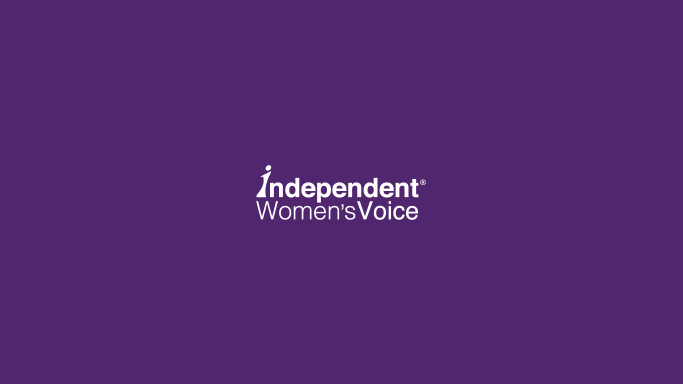“Someday this country will have a health-care debate that’s not abject in its idiocy.” That is the prediction today in a Wall Street Journal piece by Holman W. Jenkins. Mr. Jenkins does not view our current debate as being of this order. He characterizes it this way:
President Barack Obama made a “public option” his centerpiece not because it’s the answer to what’s broken in the U.S. system, but because it’s a halfway house to a single-payer setup that liberal Democrats have always wanted. Team Obama also knew the public is concerned about rising costs, so they jammed together a hooey-filled argument that the public option was somehow the solution to rising costs.
The public is not as dumb as it’s made out to be, and Mr. Obama’s public option died a bipartisan death yesterday in the Senate Finance Committee. What’s left is a package of “reforms” that are mere trite extensions of what we’ve been doing for decades. That is, piling up mandates on private insurers and then lying that this somehow isn’t driving up the cost of health insurance; piling up subsidies for health consumption and then lying that this somehow isn’t responsible for runaway health-care spending.
Some of us fear that we won’t get to have the debate Mr. Jenkins heralds because the current plan will be rammed through Congress through a legislative process called reconciliation.
But what if we do have the real debate? What should we talk about in that debate? Holman says we should focus on “incentives” and “price-tags.” Jenkins notes:
Yes, the politics are difficult when it comes to restoring price tags. Voters would have to understand how a tax code that allowed them to choose for themselves how much of their incomes to devote to health care would serve their interests.
They would have to be persuaded of the benefits of a marketplace where insurers are free to design policies to appeal to different budgets and needs.
They might have to decide for themselves whether they have better uses for their income and savings than extending life at all cost.
In that sense, the jabbering on Capitol Hill is irrelevant to the central problem, wherein consumers see larger and larger chunks of their income mysteriously and involuntarily sucked into health care for questionable benefit.
A few brave legislators, including Democrat Ron Wyden, are willing to say as much. But as Max Baucus put it in an unguarded comment to the Washington Post: “Basically the president is not helping.”
Mr. Obama may be “not helping” because he doesn’t understand or believe in the role of absent price tags in creating our current woes. He may genuinely favor a system in which government decides who will receive what care.

